- Home
- neetha Napew
Forbidden Land Page 3
Forbidden Land Read online
Page 3
Karana wheeled, his hunter’s mind instantly categorizing the two distinct animal sounds: wanawut; leaping cat.
The first was close. The second was much too close and moving fast. Beside him, Aar’s tail tucked up between his hindquarters, his head went down, and the hair along his back stood on end.
Every nerve ending in the magic man’s body cried Danger! But it was too late. The dog was springing to the attack, and Karana was knocked on his back, with the great, fang-toothed leaping cat already on top of him.
The light of the sun was barely visible at the edge of the world as Zhoonali reentered the hut of blood.
“Where is my baby?” demanded Lonit.
“It lives.” The head midwife’s tired voice was as cold and devoid of emotion as snowfall on a windless day. “Your man stands birth vigil in the light of the rising sun, but his fast is useless. Torka has broken with the ways of our ancestors. Against the will of the band and without counsel of the magic man, he has named your firstborn son Umak. He has put it to suck at the breasts of Eneela without the consent of Simu, her man. Now the wanawut howls with wolves and leaping cats in the distant hills. The sky is angry, and the earth trembles. Umak will live .. . but by the powers of the forces of Creation, this one that is not yet born will not!”
Frightened and confused, Lonit looked at the midwives. Zhoonali, her discolored bearskin robe cast aside, moved toward her. Wallah’s mouth was set into a line of grim regret. lana’s sad eyes were filled with indecision. Xhan and Kimm edged forward with pinched faces, their fingers curled around thong nooses.
“Stay away from me,” she snarled. They ignored her, surrounding the clean, freshly laid mattress of grasses and lichens.
Lonit sat up, but the effort cost her. She was still exhausted from her previous labor, and now the pains were beginning again. She would bring forth a second child in as many days. It seemed impossible after the exhausting, excruciatingly painful birth of her firstborn son. Perhaps she carried a second son! The thought of having two sons filled her with pride. The corners of her mouth moved upward into a quivering smile of triumph. But what had Torka’s acceptance of Umak cost him? The leadership of the band? She did not care—not now.
Her pain was growing, expanding. How she longed for Torka! How she yearned to rejoice with him, to be held in his strong arms as she put their newborn son to her breast! But no man could enter the hut of blood lest he contaminate his masculine spirit, and she could not suckle their firstborn until after the birth of its sibling.
The midwives were watching her closely. Tears welled in lana’s eyes. Wallah was shaking her head pityingly. Xhan and Kimm looked dangerous. Lonit bit her lower lip and paced her breathing. Fear for the life of her child inspired a granite-hard strength of will that allowed her to override her agony and focus her thoughts. “Why?” she implored. Old Zhoonali replied in a voice that held no inflection. Lonit listened but heard only in snatches. She was so tired .. . too tired. Zhoonali’s words had something to do with twins, bad luck, and omens.
With bright stars, red skies, a trembling earth, and howling beasts. But they did not matter, for Lonit knew only that her twins were not being born in starving times. In such times as these, when the encampment was full of meat, twins should be considered good luck, especially if one or both proved to be male.
Her pain was gone. She relaxed a little. Where was Karana? His soft voice and gentle hands could ease her pain. Her head swam, and the tips of her fingers felt numb. She looked up at the women through her long, uncombed hair. “Go. You give me no room to breathe.”
Zhoonali did not move. She held the claw of taking. The long, bloodstained, use-worn claw of a giant sloth lay balanced across her palms. “We will not leave you. Before you die of this, we must end it. It must be done now.”
Lonit’s eyes widened. Zhoonali would use the claw of taking to pierce the child and then would wield it, in combination with the thongs, to draw the mutilated infant from her womb. Few women survived the ordeal. Most slowly died of fever afterward, screaming while their bellies bloated and their lips dried and their eyes bulged as though they would pop from their sockets.
“Stay away,” she warned Zhoonali.
“I cannot,” the old woman replied with great empathy and concern. “This birth goes on too long. It will kill you, Lonit.”
“This woman will take her chances. This woman will not allow you to kill her baby.”
“And this woman cannot allow such a risk to the headman’s woman. Torka will be angry with Zhoonali if his favorite woman dies. And for what? A spiritless suckling that will not be allowed to live? No. An infant that takes the life of its mother will bring bad luck to its people forevermore. Everyone knows that! And even if Lonit does not die, a second twin is a forbidden thing! Either way, tradition commands that it must die. Torka has already offended the spirits by accepting the firstborn twin. He will never be allowed to accept the second. Never. So why should you die with it?”
“It?” Lonit’s right hand rested protectively across the taut span of her abdomen. In accordance with the traditions of her people, life came to a child along with its name; before naming, it was nothing more than a piece of meat that might be abandoned or, in starving times, fed to the band.
Lonit frowned. Was it not already alive? The question troubled her. She had nurtured four babies within her belly, and each had seemed alive to her long before its birth—except this last. The second twin must have lain curled beneath the other all these many moons. It must be very small. She had mistaken its heartbeat as merely an echo of the firstborn’s. The pains that announced its coming were few and far between, as though her body were not certain the time was right for the birth. She was grateful for that. It allowed her to rest. To think of life .. . of death.
Beneath her hand, the baby moved. Lonit’s heartbeat quickened. It lived! It was a baby! Not an “it,” not a “thing,” not a spiritless suckling, but a living child. It did not heave and flail as its twin had done, nor did it stress and strain against her skin as though trying to explode through it. Its movements were gentle, sleepy ripplings that made her feel as though tiny fish were schooling within her.
Now, as she held Zhoonali’s gaze, she felt an overwhelming protectiveness for the tender little life. “This child is mine,” she proclaimed without flinching. “The customs of Zhoonali’s people are good, as are the customs of Wallah’s and lana’s. But they are not the same as those customs that bind Lonit. Without consent of the magic man or the headman, Zhoonali will not touch this baby or me!”
Zhoonali’s head went high. “We will see.” She nodded a signal to the others to close their circle.
Lonit felt like a cornered wolf. She showed her strong, white, even teeth. “Stay away,” she warned still again, thinking that when they came close, she would spring at them. She would claw and gouge and bite to drive them off.
But her exhausted body was unable to resist. The women—all but lana—closed their circle. Where was lana? She was Torka’s second woman and like a sister to Lonit, but she was not of their original band. Perhaps she believed that what Zhoonali was doing was right but could not bear to be a part of it. What matter? The others were holding her now, forcing her to lie back. Xhan and Kimm gripped her ankles and forced her limbs wide.
“Do not fight us, Lonit,” implored Wallah, soothing her brow with gentle, loving hands. “This woman weeps for what must happen. But Zhoonali is right. You will die if this baby is not taken from you. And twins are forbidden. From time beyond beginning, among all people, it has been so!”
“Why?” shrieked Lonit, fighting, twisting to be free of their grip. “You cannot be sure that what you are doing is right—not without a magic man to tell you so!”
Xhan made no attempt to conceal her impatience. “The magic man is gone from this camp! As he is usually gone when anyone has need of him! Always you make trouble for us, Woman of the West. You talk too often with the tongue of a man, as if you had the right to
speak and question and form opinions! Your skill with a bola shames your band sisters before their men! And when you think that no one is looking, you dare to touch the spears of Torka and hunt as a man beside him! All this is bad enough! But you cannot have two babies at one birth!”
“It is forbidden to your people, not mine!”
“We are one people now,” reminded Zhoonali.
“And if you continue to fight us, Woman of the West, the claw of taking may seek too deeply and take your life along with the spiritless suckling’s.” Kimm’s threat was unmistakable.
Lonit was light-headed, but she could sense Kimm’s obvious pleasure. Lonit twisted violently, freed her ankle from Kimm’s hurtful grasp, and kicked out, landing a solid blow to Kimm’s jaw that sent the woman sprawling, spitting blood and teeth. “I can bear this child! I will bear this child! And I will fight you to the death if you try to stop me!” Lonit cried, trying to kick free of Xhan’s hold.
Zhoonali commanded Kimm to rise. The younger woman did so slowly, resentfully, glaring hatefully out of sharp little eyes beneath a narrow, furrowed brow. Her fat fingers explored her bleeding gums. “You will pay for this.”
Xhan intervened. Of Cheanah’s two women, she was the elder. As the mother of his three sons, hers would have been the higher status even if she had not been his first woman. When she told Kimm to shut her mouth lest the rest of her teeth fall out, Kimm glowered but did not argue. Xhan turned to Lonit and spoke persuasively. “Before Cheanah chose to walk with Torka as his headman—in the year of much hunger when the caribou did not return along familiar routes out of the face of the rising sun-Kimm opened herself to the claw of taking and sacrificed the life spirits of twin sons for the good of all. Her only sons!”
Lonit felt sick with fear for her child and for herself and with pity for Cheanah’s second woman. So Kimm was one of those who had survived the claw of taking. Lonit was not surprised. It was no secret that the woman was barren. Only one child named her Mother: a fat little girl, Honee, who had obviously been born before her mother had been unfortunate enough to bring twins to term under a starving moon. Remorseful, Lonit looked at Kimm now. The woman’s face was swelling. Soon it would be difficult to open her mouth, but now Kimm had little trouble spewing her jealous anger.
“Why should Lonit be allowed to keep even one of her twins when Kimm could not? Both should die, as the twins of Cheanah died, for the good of the band!”
Lonit’s sympathy toward Kimm was short-lived. “These are not starving times! How will the death of one or both of Torka’s twins be for the good of this band?”
Zhoonali replied smoothly. “When the life of the second is no more, perhaps the fire in the sky will cool, the skin of the earth will cease trembling, and the wolves and the wanawut will disappear into the mists. But for now, that which cannot be born must die before it kills its mother and brings disaster to us all. Where is lana? No matter. Hold her fast, and it will be done!”
Lonit screamed, but the women paid her no heed. Even motherly, loving Wallah gripped her shoulders hard as Xhan and Kimm pulled her limbs wide and sat upon her feet while Zhoonali crawled close. Her breath was warm between Lonit’s thighs as she stretched forward and began to probe with the oiled tip of the blood-darkened claw. It entered and trespassed deeply as Lonit screamed and screamed until suddenly a male voice commanded: “Stop!” The midwives turned and gasped. With the door skin held back and the red light of dawn glowing behind him, Torka wantonly broke every male-female taboo of his people. With lana following, he came boldly into the hut of blood, pulled a protesting Zhoonali aside by her hair, and took Lonit in his arms.
“What happens here?”
Zhoonali sat in shock, her skinny, vein-scarred old legs splayed before her. “We do what must be done. Look at your woman. The spiritless life within her belly must be taken before it kills her.”
Lonit burrowed her head into his chest. He should not be here! He was risking the wrath of the spirits by daring to enter. But she was so glad to see him, so grateful for the strength of his arms, that she could not speak to send him away. Tears were burning beneath her lids. She would not let Zhoonali or him see her cry.
“I will bear this child,” she told him adamantly, “if they will only let it come from me as it will....”
“They will kill her and the child if they use the claw of taking!” said lana as she eyed the other women and knew that she had made enemies of all but Wallah, who seemed relieved.
Torka’s stern gaze settled on the claw. “This is not the way of my people,” he said coldly.
“It is the only way. Zhoonali speaks for the spirits and for the forces of Creation! You profane them all by your presence here! Disaster will befall us all because of your arrogance!”
Torka closed his eyes and, holding his woman in his arms, spoke softly in her ear. “Beyond the hut, the sun is rising. The fires in the night sky are cooling, the earth has ceased its trembling, and the wind-spirit wanawut has grown silent. Soon Karana will return with the magic he seeks—for you, for our children. He will tell them all that the spirits smile upon our children. Until then, rest easy, woman of my heart, for I will stay at your side until the baby is born.”
“This baby will be the death of us all!” declared Zhoonali in the tone of one who has seen the future and knows what it will bring.
Lonit felt Torka’s muscles bunch with anger. “Or of you alone if you come at my woman and attempt to kill this child again!”
The midwives gasped. Never had they heard Zhoonali spoken to in such a way. They stared, waiting for her to hurl invective at the headman. Instead, she stood calmly, regally, pondering the moment. The man was tired and irritable. And dangerous after a two-day fast. This was no time to challenge him. She bowed her head with utmost deference. “So be it, then. This is the will of Torka. The mother will live or not live; the child will be born or not born by the will of the forces of Creation and not through any interference on the part of this woman. Now before the wrath of the spirits falls upon us all, go out from among us, Headman, and know that Zhoonali has never broken her word. Whatever choices must be made concerning the life or death of this child will be made later by the magic man. // he is a magic man. And if he ever returns to his people.”
“He will return,” said Torka.
“We will see,” replied Zhoonali. “We will see.”
The great, lion-sized animal had come at the magic man at a dead run. Karana had gone down hard, and now the cat was on him, panting and snarling. He knew that he would surely have been dead had it not been for the thick layering of his clothes and for the valiant defense of the dog. It was Aar’s leap that had alerted him to danger and given him a moment’s warning—time enough to anticipate nearly three hundred pounds of animal slamming into him, time enough to turn and brace against his fall so that when the beast took him down, he was curled into a fetal tuck, protected against the penetration of tooth or claw that would leave him paralyzed and totally defenseless against the beast’s mauling until the last agonizing moments of his death.
Death. The word echoed in the magic man’s head. He was pinned down by a leaping cat, and any moment pain would flare and death would come. He would never again see his sweet, adorable Mahnie. He would never find the magic or the omens that he sought. He would never dance the dances or chant the chants that would help his beloved Lonit through the terrible ordeal of childbirth. Her fate and the fate of her doomed twin children would lie with the forces of Creation. He would not be able to change their destinies, but then perhaps he had known that all along.
The weight of the great cat was suffocating him. Its deep snarling seemed less sound than sensation as the beast pressed in on him. He felt the vibrations of its growls and thick, choked hackings emanating through its massive chest into his own skin. Without a spear or dagger, Karana knew that he had no chance against such an adversary. It would have been best if he had had no warning, if he had simply been pierced through the heart by t
he stabbing fangs of the beast, ripped apart, and consumed before he had a chance to visualize the sort of death that was to be his.
The magic man heard the barks and growls of Brother Dog. He sensed the dog’s presence atop the cat, harassing the beast, biting and tearing savagely at its neck.
Aar, my old friend, run fast and far. You are no match for that which is killing me!
The dog did not run. Karana knew that it would not. Aar never ran from danger. In the past the dog had stood with him—as well as with old Umak, Torka, and its “man pack”—against wolves and bears, charging mammoths and woolly rhinos, lions and leaping cats. But always the man pack had been armed, so Aar, as a part of a team, had come away virtually unscathed. Now the dog was alone, and it was only a matter of time before the great cat arched its back and with one swipe of its paw sent the dog flying, yipping and bloodied, to its death. Shame and frustration rose within Karana. It was his fault that the dog would die! What sort of arrogant fool would walk alone and unarmed from an encampment? What sort of idiot would wander the world with no thought of predators? What sort of a man would put his brother dog at risk? A magic man? No man at all! No brother at all! No magic man at all! No wonder the spirits mocked and denied him. He deserved to die.
But deserving and desiring were two different things. Karana was young. He had no wish to die and could find no justness in the fact that the dog was going to die with him. The spirits were not being fair to him. They had invaded his life, walked in his dreams, and come to him in the guise of eagles and clouds and ragged bolts of lightning, to foretell the future through his mouth and to save his life a thousand times. Now, when he most needed them, they ignored him.
His anger, resentment, and despair stirred and congealed into the foul brew of rage. In rage there was strength, a bitter heating of the blood, a mixing of adrenaline with righteous indignation. He had possessed the powerful gifts of Seeing and Calling. True, he had hurled his spear at Navahk, his own father, but this act had been provoked, and in the days that had followed, the spirits had made him a magic man whose powers had stunned not only his people but himself.

 Zero City
Zero City Freedom Omnibus
Freedom Omnibus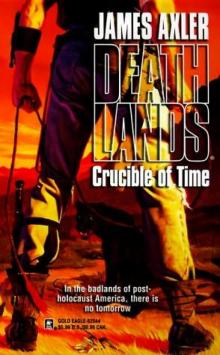 ACrucible of Time
ACrucible of Time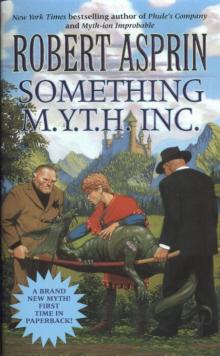 Something MYTH Inc
Something MYTH Inc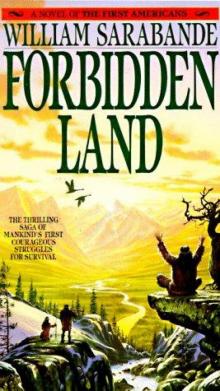 Forbidden Land
Forbidden Land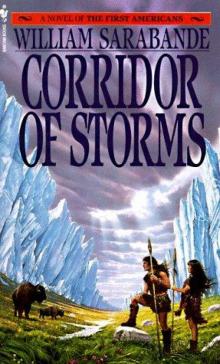 Corridor of Storms
Corridor of Storms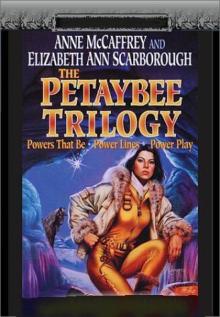 The Peytabee Omnibus
The Peytabee Omnibus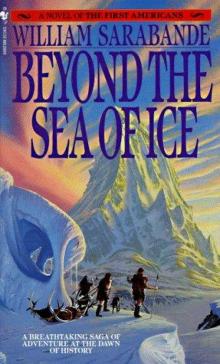 Beyond the Sea of Ice
Beyond the Sea of Ice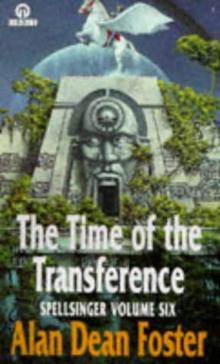 The Time Of The Transferance
The Time Of The Transferance EarthBlood
EarthBlood The Lexal Affair
The Lexal Affair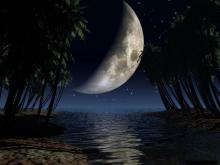 The Web
The Web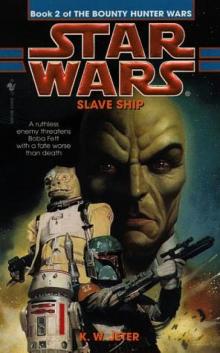 Slave Ship
Slave Ship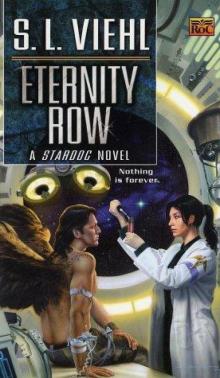 Eternity Row
Eternity Row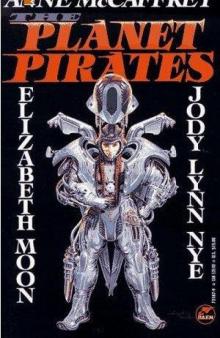 Planet Pirates Omnibus
Planet Pirates Omnibus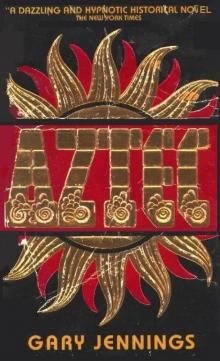 Aztec
Aztec The Awakening
The Awakening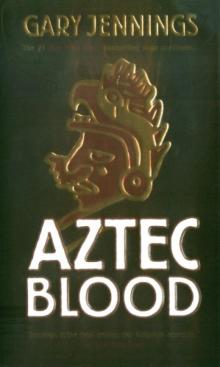 Aztec Blood
Aztec Blood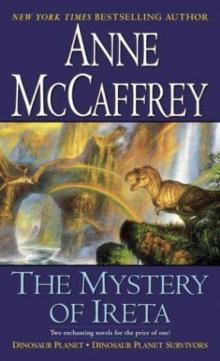 The Mystery of Ireta Omnibus
The Mystery of Ireta Omnibus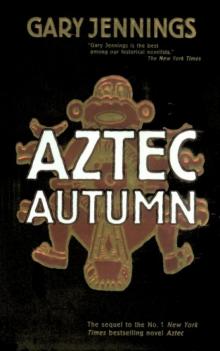 Aztec Autumn
Aztec Autumn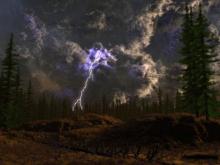 The Savage Horde
The Savage Horde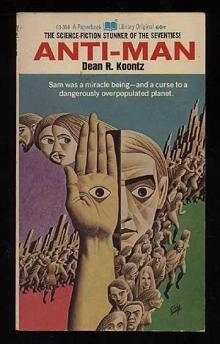 Anti - Man
Anti - Man Deep Trek
Deep Trek Starfall
Starfall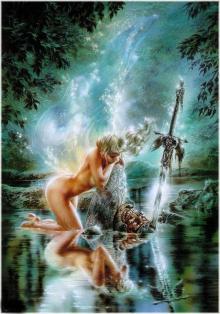 The Paths Of The Perambulator
The Paths Of The Perambulator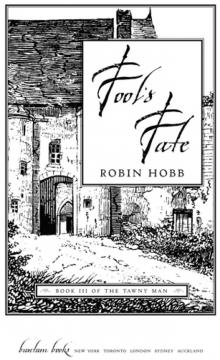 Fool's Fate
Fool's Fate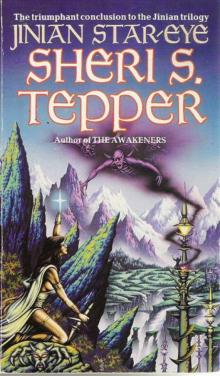 Jinian Stareye
Jinian Stareye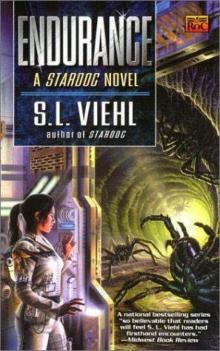 Endurance
Endurance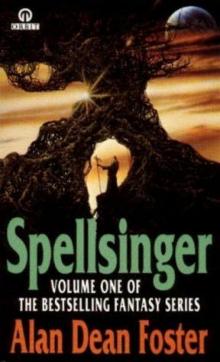 Spellsinger
Spellsinger Hybrids
Hybrids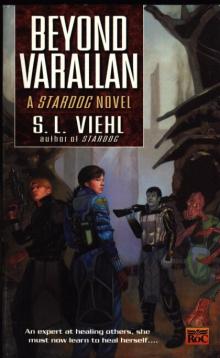 Beyond Varallan
Beyond Varallan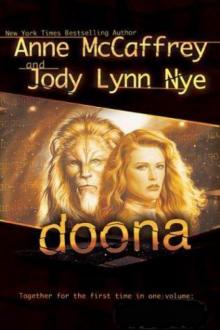 Doona Trilogy Omnibus
Doona Trilogy Omnibus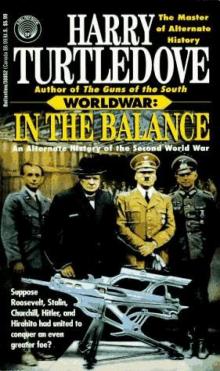 In th Balance
In th Balance Planerbound
Planerbound The Nightmare begins
The Nightmare begins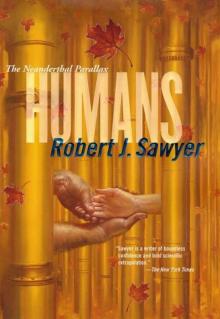 Humans
Humans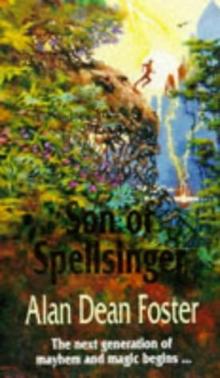 Son Of Spellsinger
Son Of Spellsinger